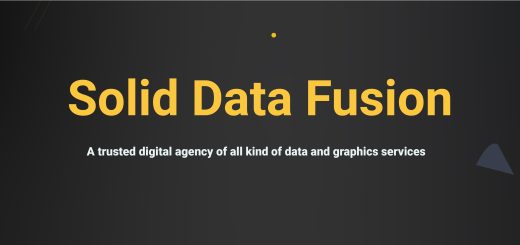Health Insurance Verifier Certifications to Consider (With FAQs)
Health insurance verifier certifications can help guide your way toward a promising career in the healthcare industry. These certifications indicate your specialized knowledge and can be helpful in advancing your career potential in healthcare management. Learning more about these certifications can help you carve a niche for yourself in the domain of health insurance verification.
In this article, we discuss certifications for a health insurance verifier, and offer answers to frequently asked questions about this topic.
What are health insurance verifier certifications?
Certifications for a health insurance verifier are specialized credentials designed to equip candidates with comprehensive knowledge of insurance policies, procedures and codes. These certifications serve as a testament to your specialized training and commitment to quality service. They play a key role in ensuring your ability to meet the dynamic and individual client needs, giving you an edge in your career.
en-US / en-GB / en-CA JSX 2024 Careers In Care – Career Guide Promo Banner
Image description
Learn more
List of health insurance verifier certifications
To advance in your career as a health insurance verifier, consider achieving certifications that help validate your skills and knowledge. Here are a few key certifications to consider:
Certified Medical Insurance Specialist (CMIS)
This certification, designed by the Practice Management Institute, targets professionals who manage health insurance claims on a daily basis. It provides training on understanding health insurance plans, completing claim forms accurately and coding diseases, injuries, medical procedures and services.
Certified Professional Biller (CPB)
Offered by the American Academy of Professional Coders, the CPB certificate validates your knowledge of billing regulations and processes, including submitting claims, managing collections, patient statements and following up on claims.
Certified Revenue Cycle Representative (CRCR)
This certification is managed and offered by the Healthcare Financial Management Association (HFMA). It prepares you extensively on patient access processes, billing and balancing and collections concepts relevant to the revenue cycle in the healthcare sector.
Certified Coding Specialist (CCS)
This certification, provided by the American Health Information Management Association (AHIMA), demonstrates your ability to accurately translate patient information into the appropriate alphanumeric codes for diagnoses and procedures.
Why certifications are important for a health insurance verifier
Having a relevant certification as a health insurance verifier can help impact the growth and direction of your career as a health insurance verifier. Listed below are some of the main reasons why obtaining a certification can prove advantageous for your career progression.
Enhances credibility
Certifications have a way of authenticating your skills and knowledge in front of potential employers. They act as a stamp of approval that you have the required competencies to deliver proficiently in the health insurance verifier role.
Increases job opportunities
Employers tend to prioritize those candidates who possess relevant certifications during a job search. Certification can facilitate the path to entry-level positions and may even promote advancement in existing job roles.
Advances career progression
With a professional certification, you’re likely to stand out in a pool of job applicants. Certifications set a clear trajectory for growth, leading to potential career advancements or promotions in your job.
Increases earning potential
Often, healthcare professionals with certifications earn more than their non-certified counterparts. This increased remuneration can be viewed as recognition of your dedication, expertise and commitment to professional growth in your field.
Encourages continuous learning
The healthcare sector evolves over time, and by staying updated through certifications, you ensure that your knowledge base is never outdated. Undertaking a certification also demonstrates to potential employers your commitment to continuous learning.
Improves performance through skills application
Studying for and obtaining certifications can help you to better apply both your hard and soft skills efficiently. This improved performance benefits not just yourself but the organization by whom you’re employed.
Increases networking opportunities
Many certification programs include membership in professional organizations. These organizations often provide opportunities for networking, which could be beneficial for career advancement or learning about new industry trends.
Frequently asked questions
The following are some questions people often have about health insurance verifier certifications:
How long does it take to get certified?
Typically, the duration to earn a certification varies depending on the complexity and rigor of the chosen certification program. Some can be completed in a few months, while others might take up to a year or more. You should check the specifics of each program to understand the time commitment involved.
Do I need a specific educational background?
While a healthcare background can be helpful, it’s not always mandatory for these certifications. Many programs require a high school diploma or equivalent. Some advanced certifications may require relevant work experience or previous basic certifications.
Can these certifications be earned online?
Many organizations offer online certification programs. These programs are designed to fit your schedule, allowing you to learn at your own pace and earn credentials without disrupting your current employment.
Do you need help with your resume?
More certifications for health insurance verifiers
While we have discussed some key certifications above, there are additional certifications that you might find valuable in your career journey as a health insurance verifier:
Certified Professional Coder (CPC)
Offered by the American Academy of Professional Coders, the CPC certificate ensures your proficiency in handling medical coding in a physician’s office. It covers areas like ICD-10, CPT and HCPCS Level II coding.
Certified Medical Reimbursement Specialist (CMRS)
Managed by the American Medical Billing Association, the CMRS certification focuses on understanding the healthcare industry, medical billing essentials and handling claim denials.


